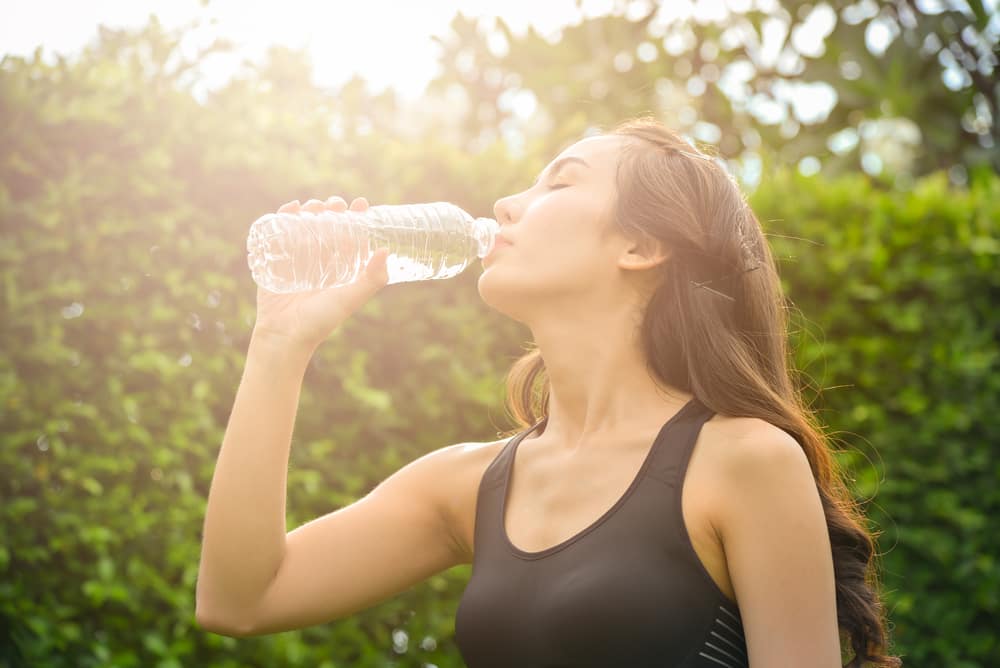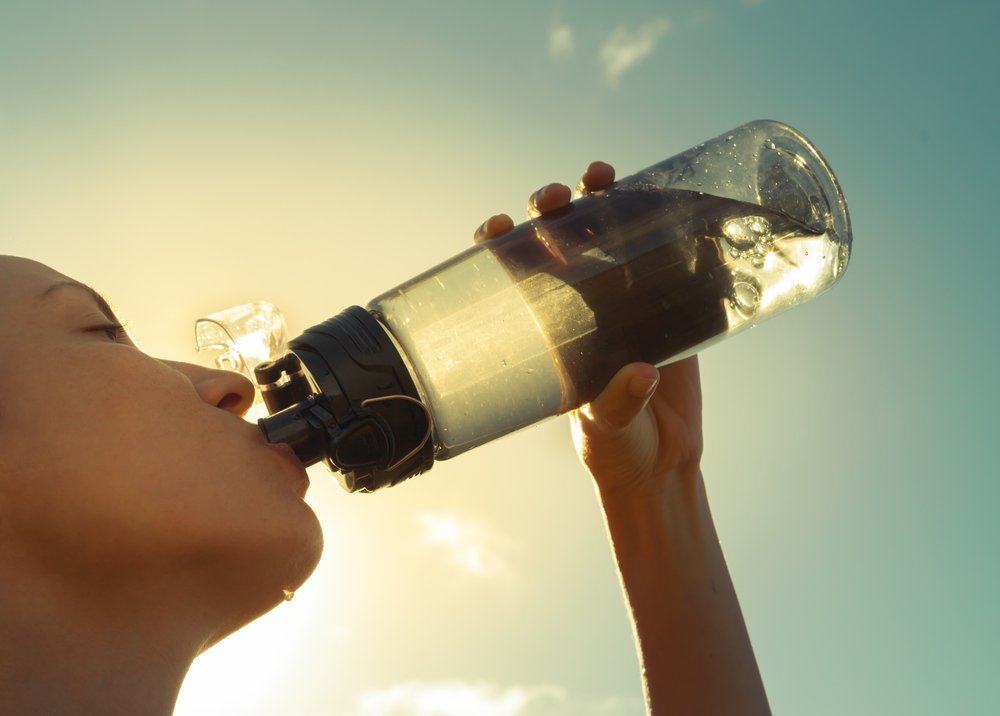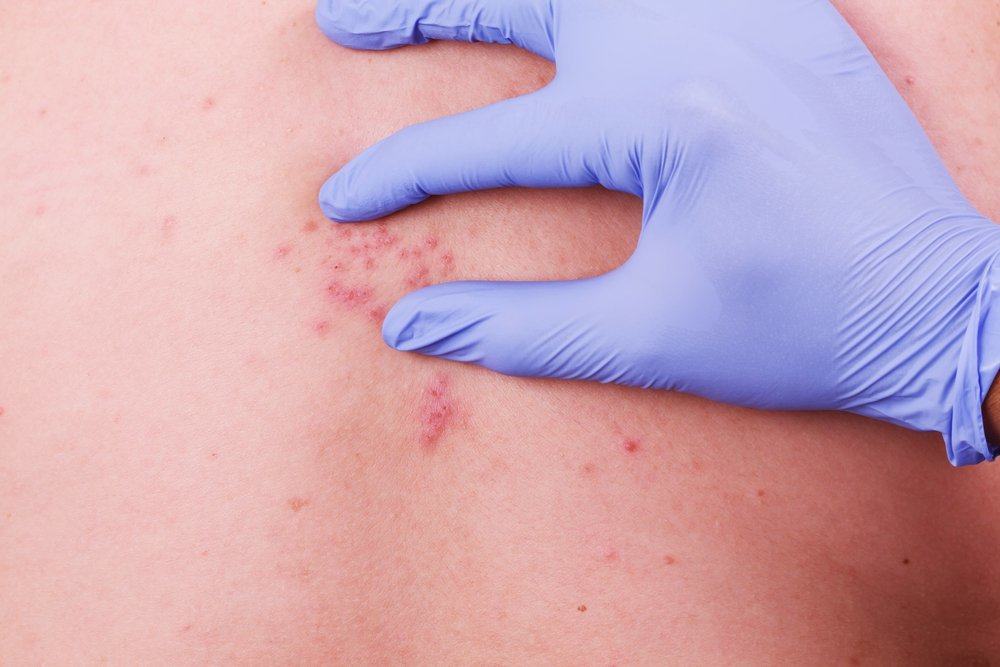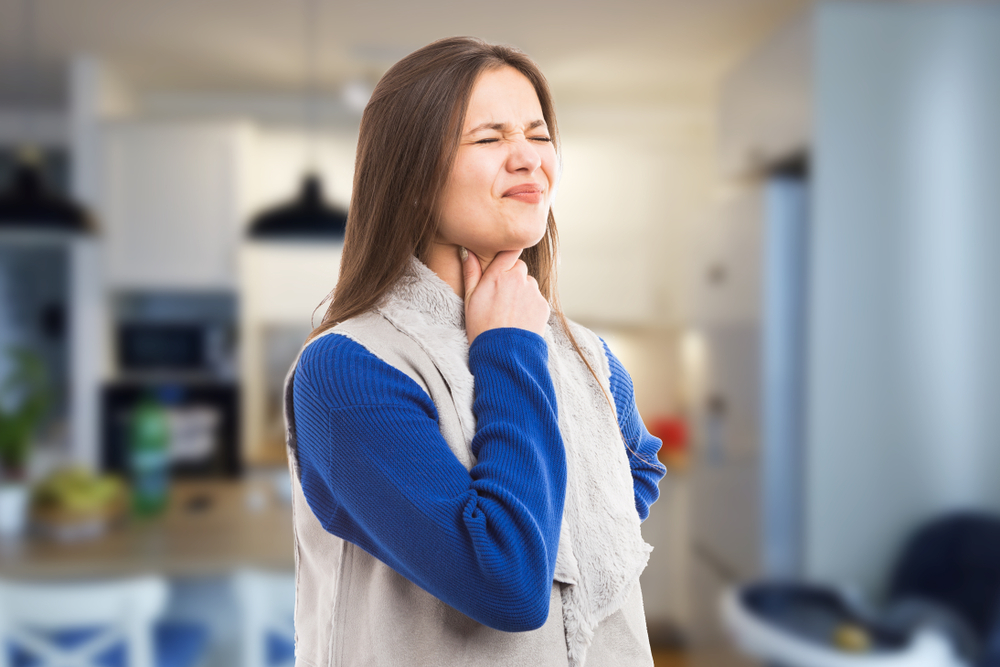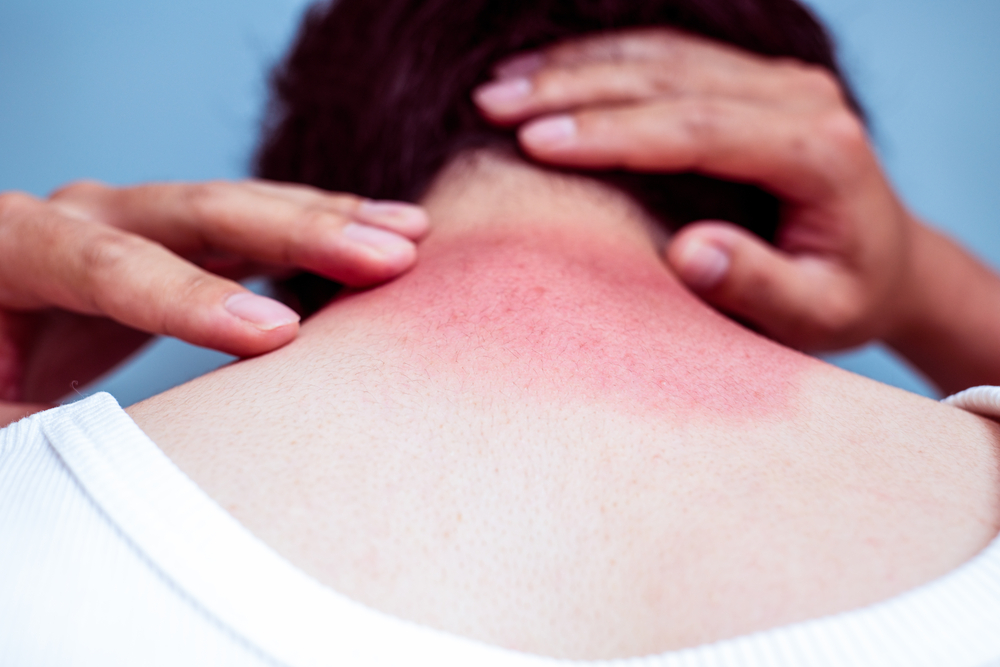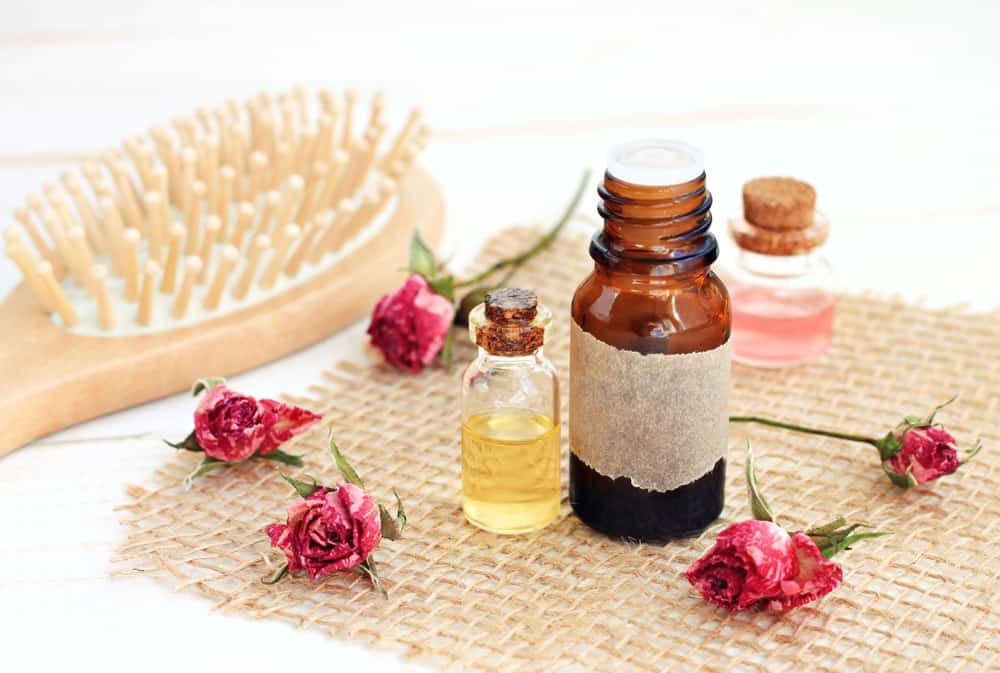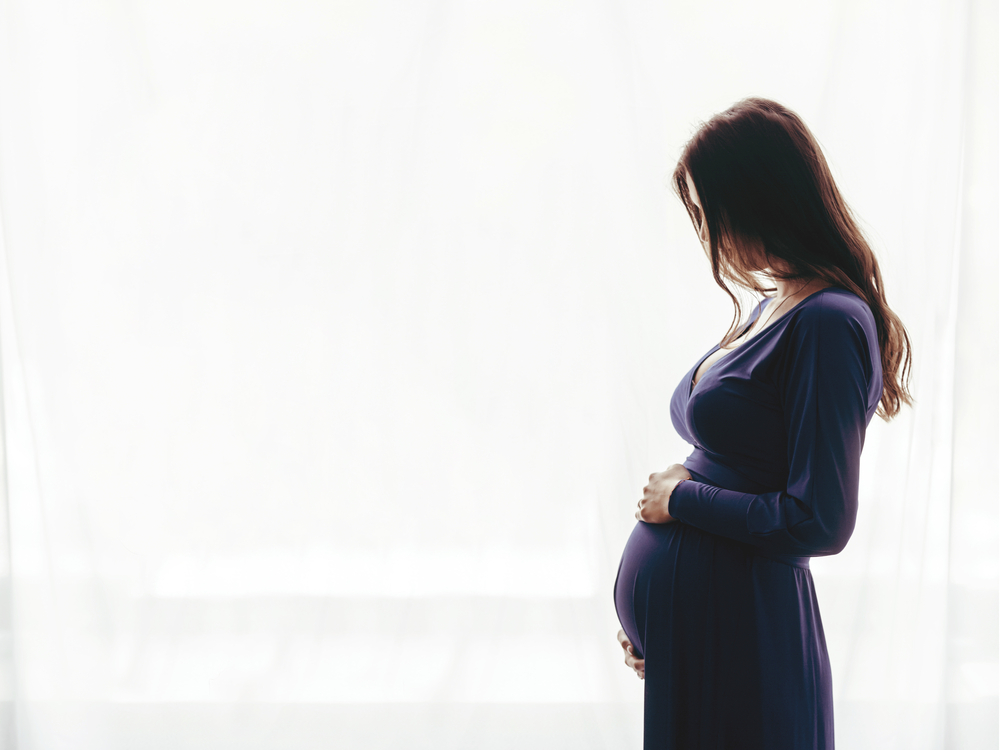Contents:
- Medical Video: What really happens to the plastic you throw away - Emma Bryce
- Do plastic containers and bottles cause cancer?
- Can chemicals from plastic move to food or drink?
- Can you heat food in a plastic container using microwave?
- Dismantling hoaxes around plastic bottles and health hazards
- Bisphenol A (BPA)
- Dioxin
- Choose a safe drinking bottle
Medical Video: What really happens to the plastic you throw away - Emma Bryce
Lately, many chain messages and articles have been circulating about the dangers of using plastic containers and bottles that can cause cancer. For example because of the use of repeated plastic bottles, freezing water in plastic bottles, leaving plastic containers in the hot car, also regarding the dangers of using plastic containers inside microwave. Is the information correct or just Hoax? Check out the answer here.
Do plastic containers and bottles cause cancer?
Many people believe that chemicals in plastic can melt and contaminate your food or drink that causes cancer. There are concerns especially in Bisphenol A (BPA) and dioxin in plastic bottles or plastic containers.
In addition, some chemicals are called "endocrine disruptors of the body" which means that chemicals can affect the workings of hormones in a person's body and lead to cancer.
However, there is no strong evidence from studies that have been conducted regarding the use of plastic bottles or plastic containers can increase the risk of cancer.
Can chemicals from plastic move to food or drink?
Some studies show that small amounts of chemicals from plastic containers can be found in food or drinks stored in them, but the levels are very low.
The level of chemicals in food or drink depends on how the plastic container or bottle is treated. For example if a plastic container is heated in high temperatures for a long time. This will cause the levels of chemicals in food or drinks to be higher.
However, the levels of these chemicals are still far below levels considered unsafe by the World Health Organization or WHO in 2010. Furthermore, WHO explained that the human body is able to dispose of these chemicals in a short time so you do not need to worry too much it will accumulate in the body.
Can you heat food in a plastic container using microwave?
You can use a plastic container to heat the food inside microwave, just make sure you use it as directed. There are several types of plastic containers that are safe to warm up onmicrowaveand some don't. Usually on the packaging are the instructions about this security. Look at the instructions carefully.
There is no strong scientific evidence regarding usage microwave in food in plastic containers can increase the risk of cancer.
Dismantling hoaxes around plastic bottles and health hazards
Bisphenol A (BPA)
There are many articles that discuss the safety of BPA for the body in plastic materials. However, there is no strong evidence that BPA can cause cancer in humans. European Food Safety Authority has conducted a full scientific review of BPA and concluded that there are no risks that endanger health.
Dioxin
Hoaxcirculating claims that repeated use, heating, or freezing of plastic bottles can release cancer-causing chemicals called dioxins. Some issues also mention another chemical, called DEHA, a chemical found in plastic, potentially causing cancer. This is not evident from the studies that have been conducted.
Choose a safe drinking bottle
Professor Michael Moore, who is the Chair of Australian Water Quality Research, provides tips on choosing safe drinking bottles for you or your child.
- Avoid drinking bottles that have a recycling code of 3 or 7 (polycarbonate material), especially for children.
- Drinking bottles reusable the best has a recycling code 2, 4, and 5. The materials used in numbers 2 and 4 are made of polyethylene, while number 5 is made of polypropylene.
- PET (polyethylene terephthalate) being the plastic of choice for disposable bottles at this time because the cost of production is cheaper than polyethylene and polypropylene.
- Using a bottle with clear plastic is better than color, because it eliminates the small potential risk of coloring material added to the plastic.
- Bottle stainless steel or aluminum is safe, but can corrode a little from time to time and cause unpleasant taste in your water.

